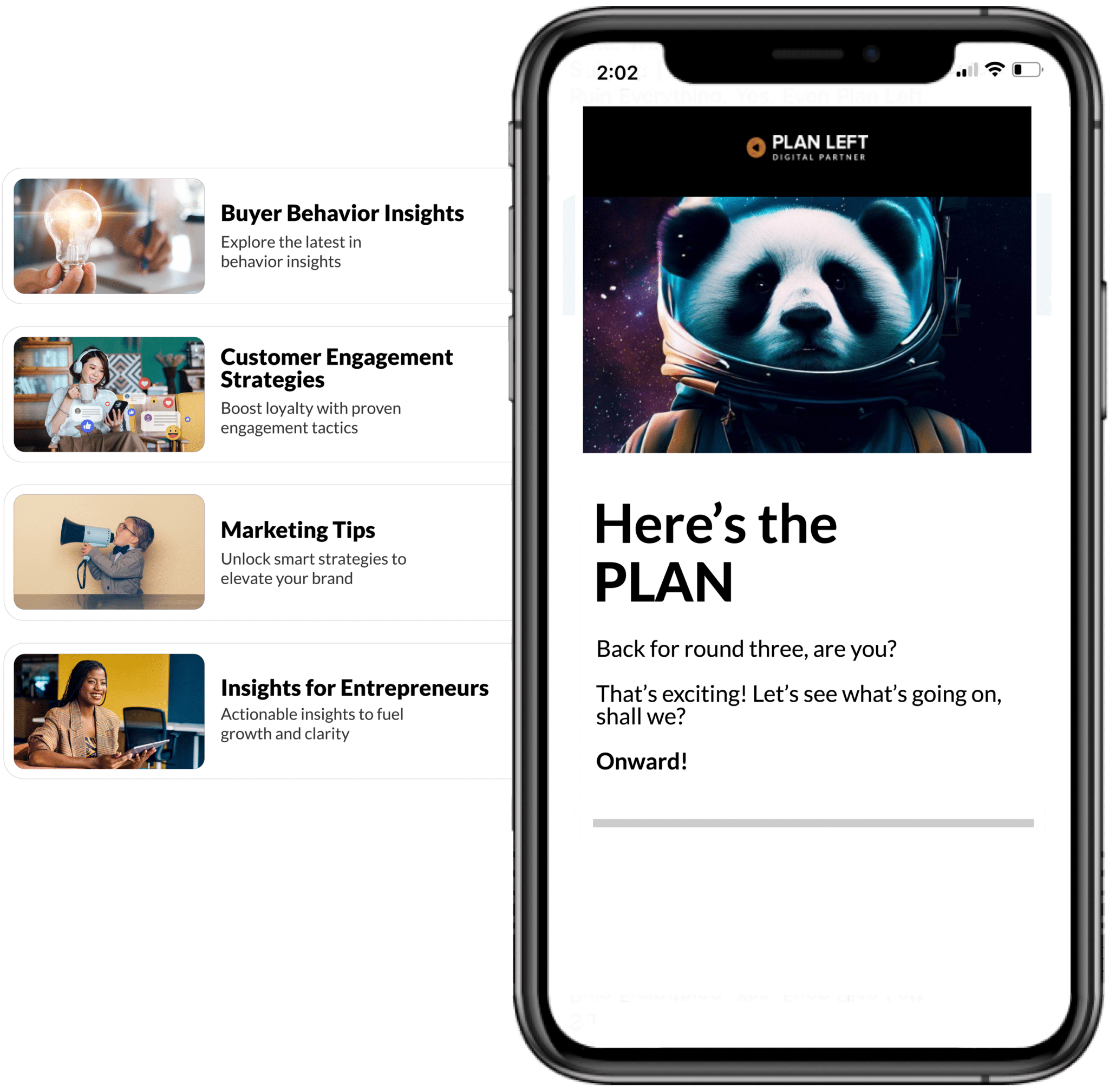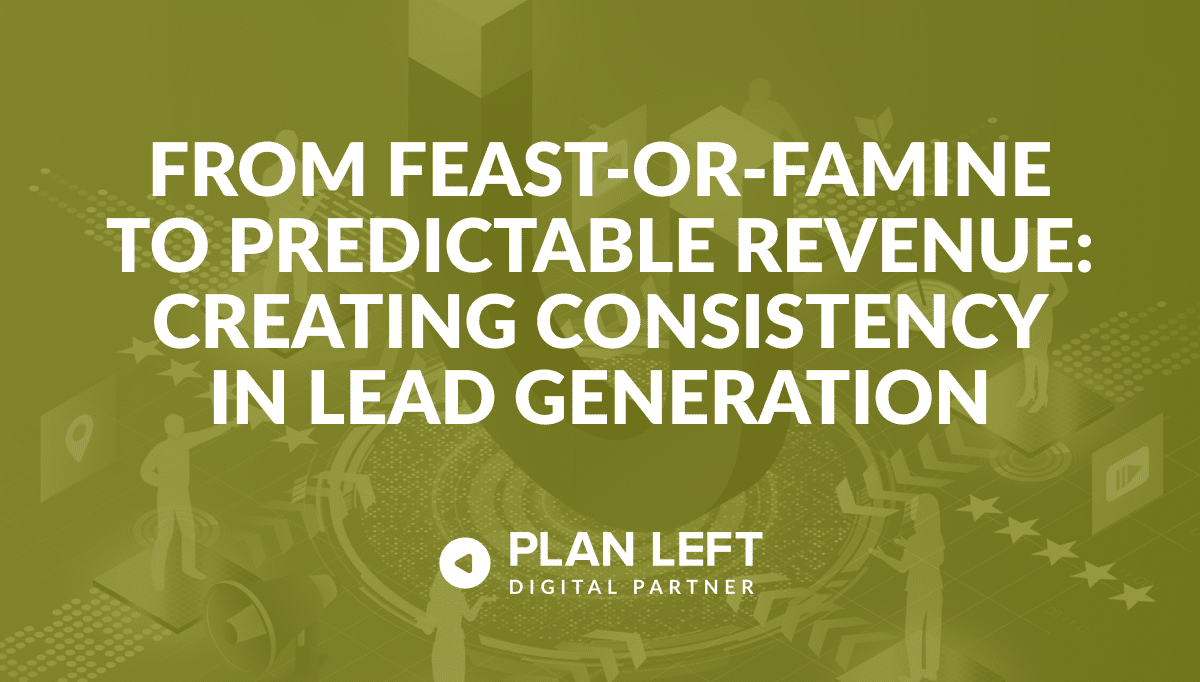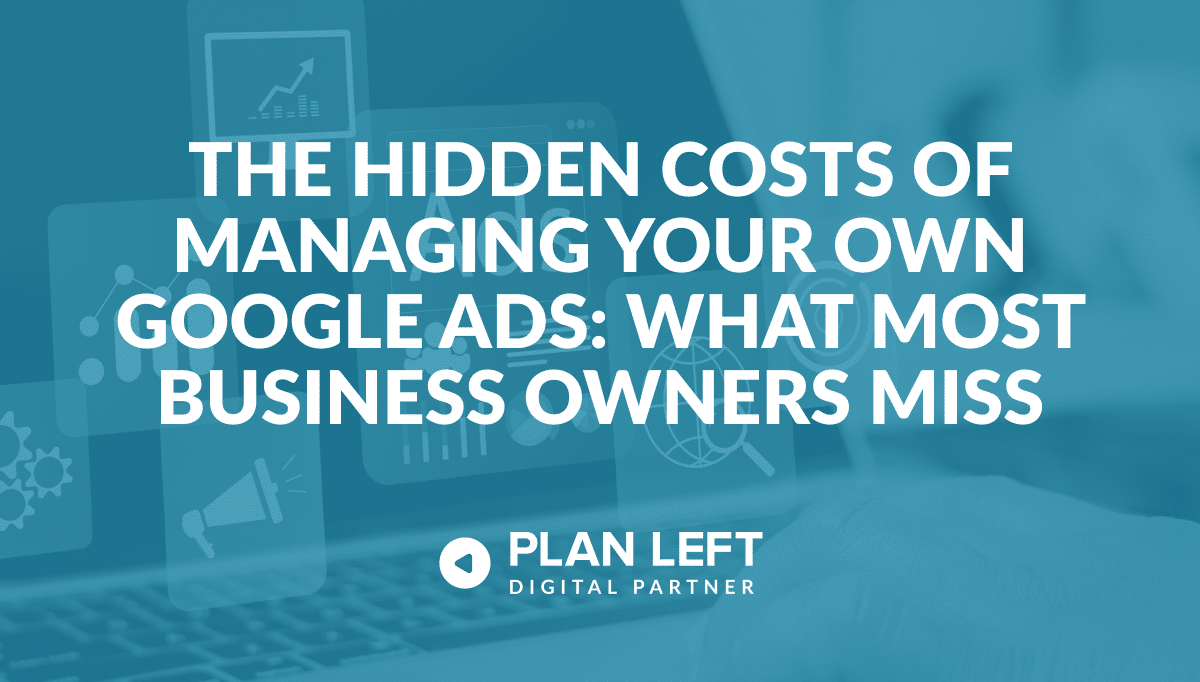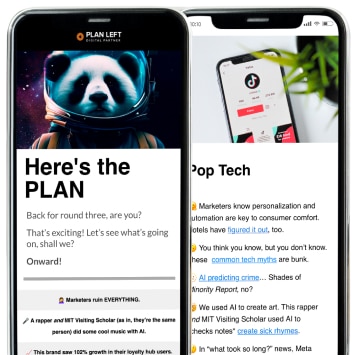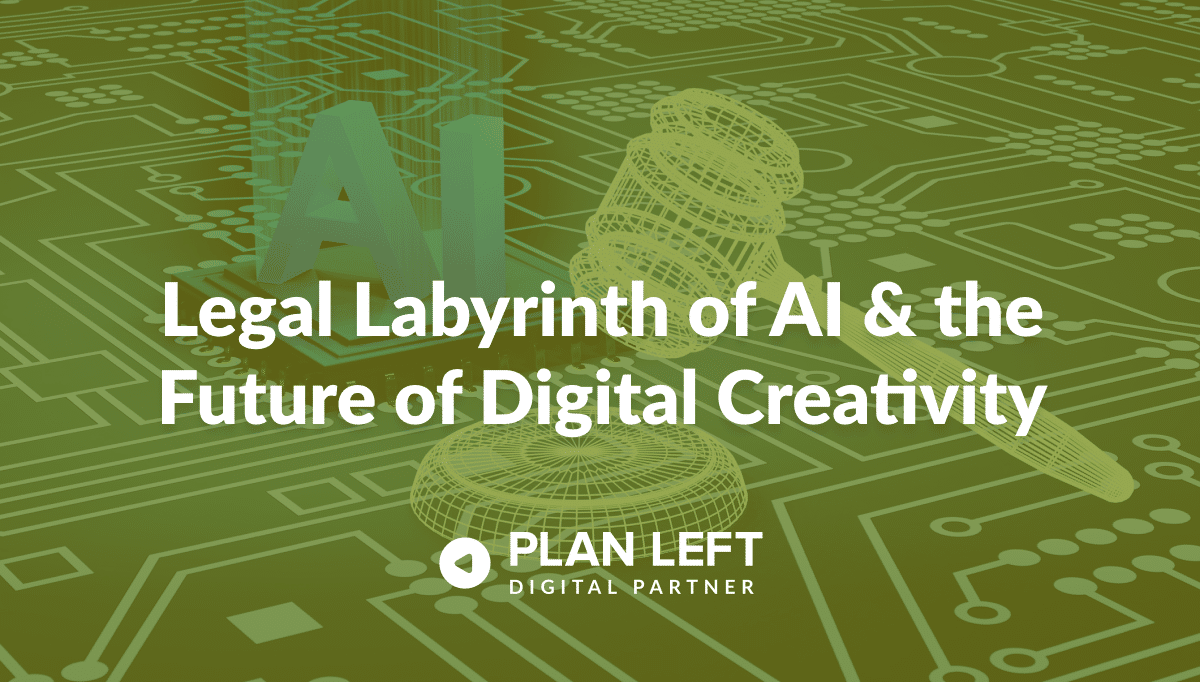
The recent FCC ruling against AI-generated voice robocalls has ignited a crucial conversation—how do we move forward with AI, making sure we stay within the legal parameters of possible outcomes while continuing to innovate and connect with our audiences?
AI Content and Trust
A recent study reveals that 61% of people are ambivalent or unwilling to trust AI. This statistic is a wake-up call, emphasizing the need for AI-generated content to respect privacy and avoid deception. For content creators, this means carefully navigating copyright and intellectual property laws. The spotlight on AI-generated content, from text to images, demands we question the source and rights of our content.
AI writing tools are readily accessible, simplifying content generation to a few keystrokes. The stakes are high. The current legal framework around the ownership of AI-generated content remains vague, posing questions about future regulations. Have you clearly identified your AI-generated content and images? Are your edits and revisions sufficient to assert uniqueness and ownership over the intellectual content?
And what about search algorithms and user-focused content? We know Google does not penalize AI content, but what about your users? Is your content speaking to your readers and connecting with them? What about search algorithms? Wonder why the 10,000 pages of AI-generated content aren’t ranking? Is it written for your target market, or is it generated to highlight the points you asked for? Is it helpful to your readers? Is your content aligned with Google’s Helpful Content Update and E-A-T? Is it trustworthy?
There is a strong global endorsement for the principles of trustworthy AI initially proposed by the European Union, with 97% — almost everyone — viewing these principles as necessary for trust. This overwhelming consensus highlights the critical need for adopting transparent, ethical AI development and application practices.
SEO and GEO in the Age of AI
The rise of Search Generative Engines (SGE) like Google’s Gemini is transforming the SEO game, pushing us towards content that’s not just optimized for keywords but is genuinely engaging and geographically relevant. This shift is crucial as AI global market revenues in marketing are anticipated to grow from 27.4 billion U.S. dollars in 2023 to 107.4 billion in 2028.
A global survey in 2022 found that 90% of marketing professionals across 35 countries were using AI tools to automate customer interactions, with another 88% stating that AI helped them personalize the customer journey across channels. These statistics underscore the pervasive role of AI in shaping marketing strategies and the importance of integrating ethical AI practices to foster trust and personalization.
AI Legal Battles
The number of lawsuits involving AI highlights the clash between innovation and regulation. These cases underscore AI’s challenges and the urgent need for dialogue between technology developers, legal experts, and policymakers. From copyright disputes to concerns over digital ethics, the following real-world examples serve as pivotal learning moments for all stakeholders involved in AI development and application:
- The New York Times vs. OpenAI and Microsoft: This ongoing lawsuit underscores the need for clear copyright guidelines in AI content generation and challenges us to consider the ethical responsibilities of AI developers.
- Scarlett Johansson vs. AI App Developer: Johansson’s settlement highlights the emerging challenges of digital replication and the importance of obtaining explicit consent and respecting intellectual property rights.
- George Carlin Estate vs. AI Comedy Special Creators: This case illustrates the need for transparency and ethical considerations in using AI to replicate individuals’ voices or likenesses, reflecting concerns over posthumous digital rights.
Implications and Recommendations
The cases highlighted remind us of the complexities in the AI domain, leading to several key recommendations:
- Prioritize Consent and Copyright Compliance: It’s crucial to secure permissions and use copyright-free or licensed materials for AI-generated content to respect copyright laws and individual rights. For example, citing AI-generated content, according to the Modern Language Association (MLA), involves mentioning the AI tool used and the nature of the prompt you provided. This practice adheres to copyright laws and promotes transparency about the content’s origin.
- Adopt Transparent Practices: Being upfront about the use of AI in content creation builds trust and aligns with evolving legal standards. When publishing AI-generated artwork or text, clearly state that it was created with the assistance of an AI tool, such as DALL-E, following the recommended citation practices provided by OpenAI, which guide on how to credit DALL-E in your work.
- Engage in Ethical AI Development: Responsible development requires considering the broader ethical implications of AI, including privacy, individual rights, and misinformation. This includes being transparent about the limitations and capabilities of the AI tools used in content creation, fostering an informed and ethical interaction with AI technologies.
- Stay Informed and Adapt: The legal and technological rule book is constantly changing, so staying informed allows for real-time adaptation of strategies to maintain effective and compliant practices. This means regularly reviewing guidelines from AI developers and legal advisories on the use of AI in creative processes.
- Embrace Transparency and Originality: Transparency and originality are paramount. With AI’s capability to generate content at scale, distinguishing our work means creating unique, meaningful experiences for our audience. Citing AI contributions where applicable highlights the originality of the human creator’s input, setting your work apart in an ocean of replication.
- Engage in Ethical Practices: Ethical SEO and content creation practices form the foundation of our work. Adhering to recommended citation practices for AI-generated content promotes our work’s integrity and reputation. This approach makes sure that our use of AI tools in content creation is both transparent and accountable, aligning with ethical standards and public expectations.
By integrating these citation recommendations and examples into our practices, we highlight our commitment to ethical, transparent, and responsible AI use. This approach not only complies with legal standards but also fosters trust with our audience, ensuring that our work remains credible and respected in the dynamic digital domain.
Creating a Harmonious Path Forward with AI
The intersection of AI, law, and ethics is complex. We gain valuable insights into navigating this terrain responsibly by examining recent lawsuits and their implications. As we move forward, commit to innovation that respects legal boundaries and prioritizes ethical considerations, making sure that the digital future we’re building is inclusive, respectful, and lawful. Together, we can pave a path that balances the potential of AI with the imperatives of legal compliance and ethical integrity, optimizing for both SEO and Generative Engine Optimization (GEO) in this new era.
These legal challenges are not obstacles but opportunities to innovate responsibly and ethically. By engaging in a dialogue with our audience about the role of AI in our content and strategies, we can navigate this landscape successfully for both current best practices and what could come to be. What strategies are you considering to adapt to these changes? How are you ensuring your content remains engaging, ethical, and compliant?
Integrating AI with Plan Left
Navigating the complexities of AI, legal compliance, and ethical marketing practices requires expertise and foresight. We understand how fast the rules change and the uncertainty of what will be versus what is. If you want to elevate your digital marketing strategies while maintaining a commitment to ethical standards and legal compliance, Plan Left is here to guide you.
Our team is experienced in creating personalized, innovative solutions that resonate with your audience and stand out in the digital landscape. Contact Plan Left today to discover how we can help you harness the power of AI in your marketing efforts, making sure your business not only thrives but leads the way in responsible digital innovation. Let’s create the future of digital marketing together.
Explore Latest Posts
From Feast-or-Famine to Predictable Revenue: Creating Consistency in Lead Generation The revenue roller coaster is exhausting. Some months your pipeline ... read more
February 25, 2026
Marketing Automation Tools That Actually Save Time (Not Create More Work) Your marketing to-do list keeps growing faster than you ... read more
February 18, 2026
The Hidden Costs of Managing Your Own Google Ads: What Most Business Owners Miss Google Ads seems straightforward enough: pick ... read more
February 11, 2026
Essential Strategies for Entrepreneurs
Get Actionable Business Insights & Marketing Tips
Our newsletter delivers real-world strategies from entrepreneurs who’ve been exactly where you are.
Sign up now for:
- Actionable growth strategies that work
- Insider tactics for attracting top talent
- Real-world case studies from successful founders
- Emerging tech trends that drive innovation
- Pragmatic marketing approaches for visionary leaders
